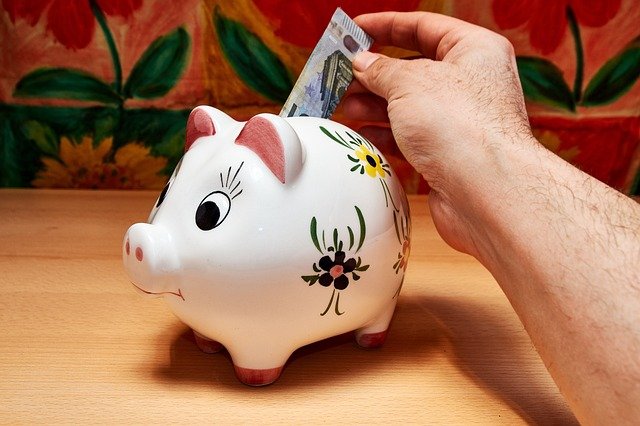After a summer full of extra expenses, September can feel like a financial roller coaster. But don't worry, there are solutions! With proper planning and some adjustments to your spending habits, you can regain control of your finances and face this month with confidence.
In this article, we'll provide you with a comprehensive guide to help you overcome this challenge and lay the foundation for a more solid financial future.
Why is September a complicated month for the family economy?
The end of summer usually coincides with an increase in expenses due to vacations, celebrations, and outdoor activities. In addition, returning to routine involves new expenses, such as school supplies or fees for extracurricular activities. This combination of factors can create an imbalance in our budget.
Tips to get your finances back on track in September
Make a realistic budget:
Identify your income and expenses: Make a detailed list of all your monthly income and expenses.
Classify your expenses: Separate fixed expenses (rent, services, etc.) from variable expenses (food, leisure, etc.).
Set limits: Define how much you can spend in each category and avoid going overboard.
Prioritize your expenses:
Needs vs. wants: Distinguish between what you need and what you want. Prioritize essential
expenses such as food, housing, and health.
Reduce unnecessary expenses: Analyze your expenses and eliminate those that are not essential, such as subscriptions to services you do not use or impulse purchases.
Compare prices and look for offers:
Use applications and websites: There are numerous tools that allow you to compare prices of different products and services.
Take advantage of discounts and promotions: Subscribe to the newsletters of your favorite stores and follow their social networks to stay up to date with offers.
Buy seasonal products: Seasonal products are usually cheaper and of better quality.
Cook at home:
Plan your meals: Making a weekly menu will help you buy only the necessary ingredients and avoid wasting food.
Cook in large quantities: Prepare meals that you can freeze to have healthy and economical options on hand.
Reduce your transportation costs:
Use public transportation: Public transportation is often cheaper than using a car on a daily basis.
Carpool: If you have to use a car, find travel companions to split the costs.
Cycle: If distances allow, cycling is a great way to save money and get exercise.
Save energy:
Turn off the lights: Turn off lights and electronics when you're not using them.
Regulate the temperature: Set your heating and air conditioning to moderate temperatures.
Use efficient appliances: Replace old appliances with more energy-efficient models.

Imagen de Horst Koenemund
Generate additional income:
Sell items you don't use: Organize a garage sale or use online platforms to sell your belongings.
Offer your services: If you have any skills or knowledge, you can offer your services in exchange for money.